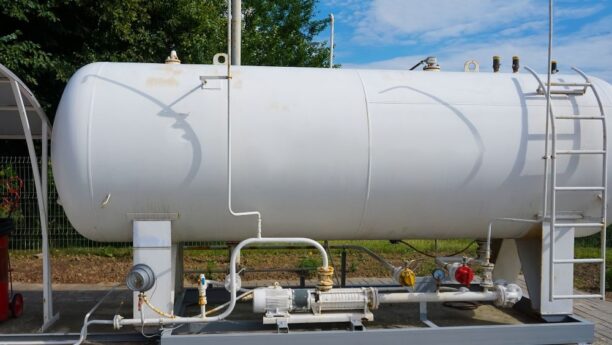Pioneering Green Propane Production
An innovative device is transforming carbon dioxide into propane, marking a significant step toward achieving the United States’ decarbonization objectives. Developed at Illinois Institute of Technology by Assistant Professor Mohammad Asadi, this new electrolyzer technology could be pivotal in reducing the significant carbon dioxide (CO2) emissions from the electric and industrial sectors. Groundbreaking Technology in… Continue reading Pioneering Green Propane Production

